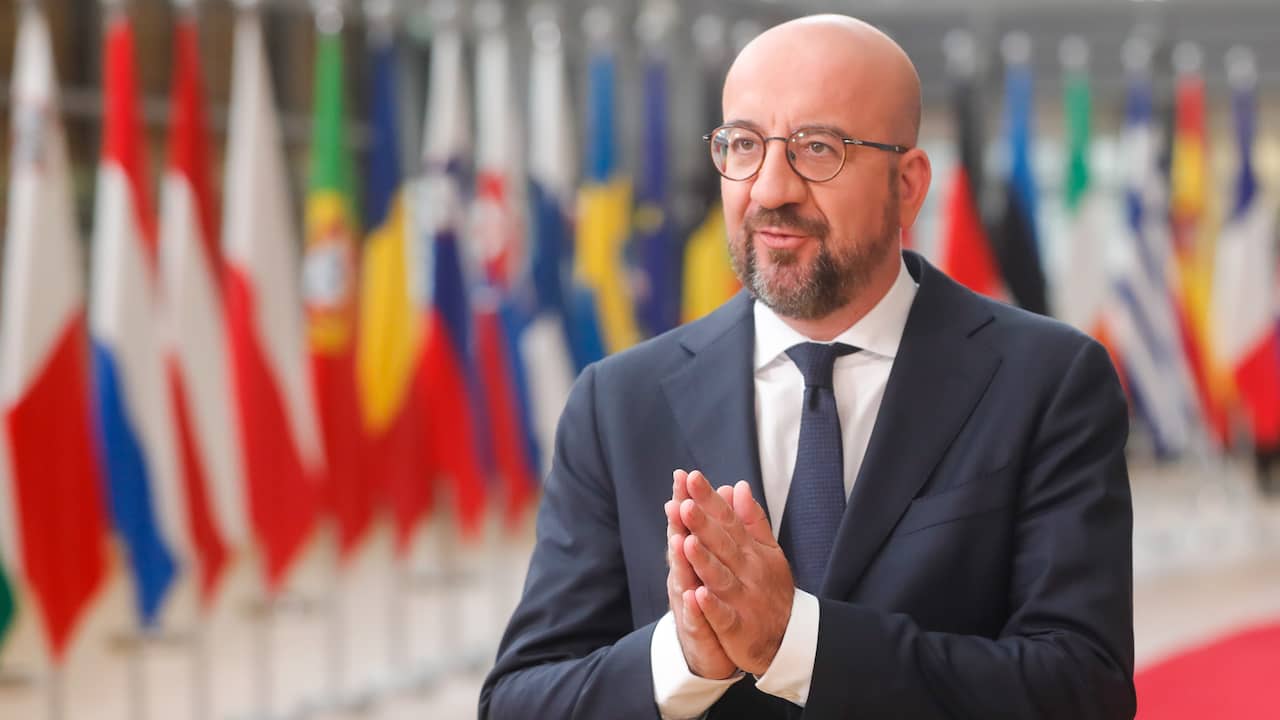The EU member states have reached an agreement on an import ban on Russian oil that is brought to the EU by sea. This ban due to Russia’s invasion of Ukraine affects more than two-thirds of all oil that Russia exports to the EU, Charles Michel, chairman of the Council of EU heads of government, said at a summit in Brussels.
The EU countries have been negotiating the sanction for almost four weeks, but finally “a large flow of revenue is cut off for Russia’s war machine”, Michel tweeted. “Maximum pressure on Russia to end the war.”
Boycott reduces oil exports by 90 percent
The boycott will take effect at the end of this year, European Commission president Ursula von der Leyen reported. Russian oil exports to the EU will decrease by about 90 percent at that point. That’s because Germany and Poland have pledged to also waive the Russian oil they get by pipeline.
Hungary, Slovakia and the Czech Republic have no seaports and are therefore dependent on supply via pipeline. These countries are exempt from the Russian boycott, otherwise they would not agree.
Prime Minister Mark Rutte said after the summit in Brussels that Rotterdam and other important oil ports and petrochemical centers do not have to fear unfair competition from Hungary, Slovakia and the Czech Republic. The leaders have agreed that the three countries will not be allowed to export their cheap pipeline oil or whatever they make from it.
Further punitive measures are also being instituted
The agreement on the oil embargo also paves the way for the other sanctions from the EU’s sixth sanctions package against Russia. For example, Russia’s largest bank, Sberbank, and two other banks are being closed off from SWIFT, the international communication service for banks.
The EU will also ban three Russian state channels. The head of the Russian Orthodox Church and a number of other people close to the Kremlin have been subject to travel bans and their assets frozen, according to insiders.
Rutte and some of his colleagues have indicated that they would like to reverse the order in the event of a possible next sanction package in order to avoid a difficult process such as this. “If we’re going to work on a seventh package, we need to have a debate about the technology,” such as arranging alternatives and converting refineries, “before we start talking about what the sanctions package should actually look like.”
–


